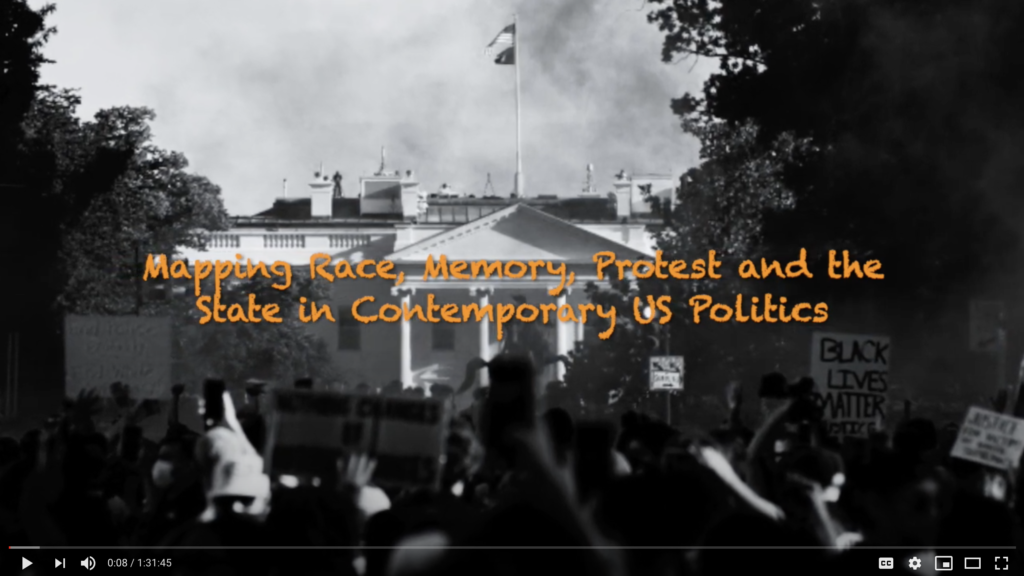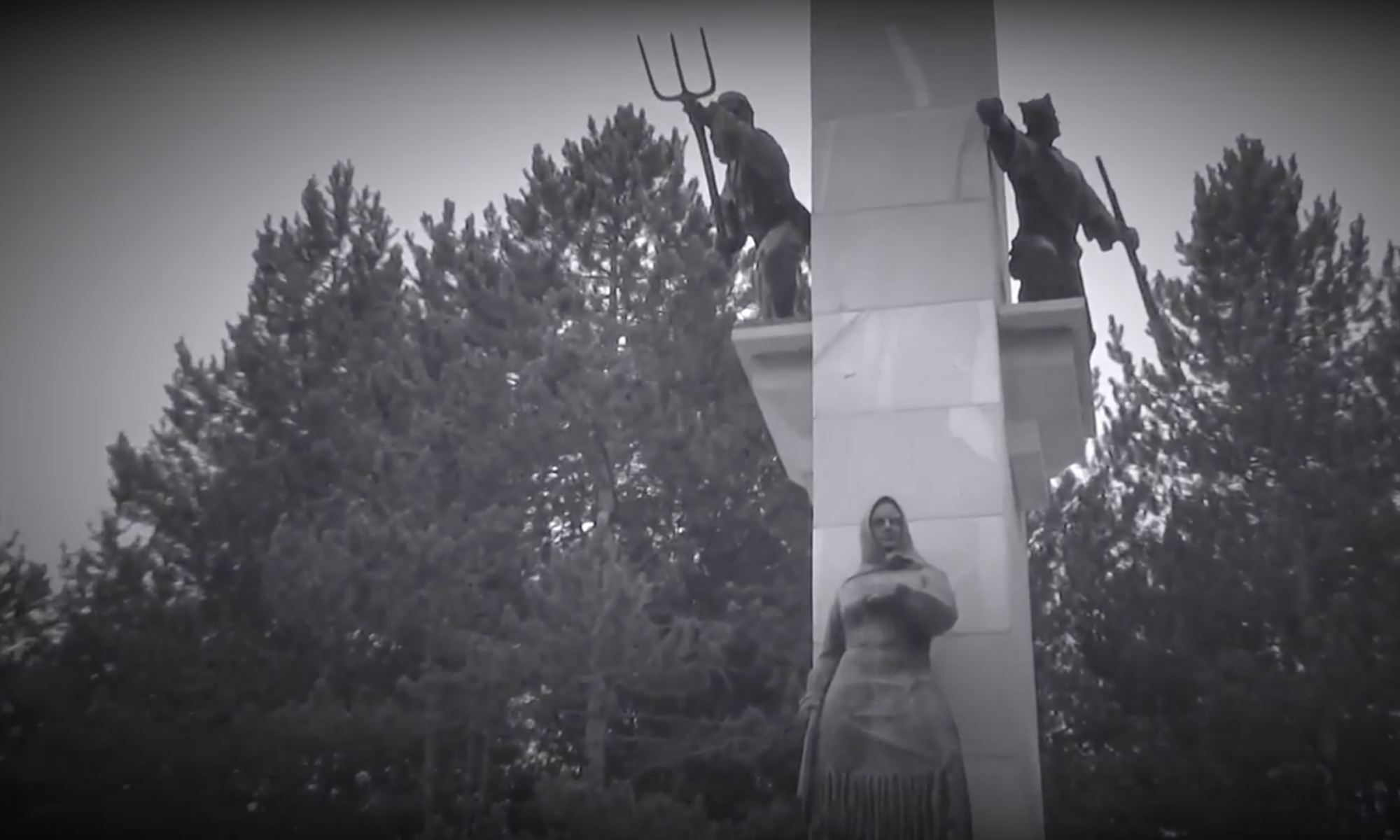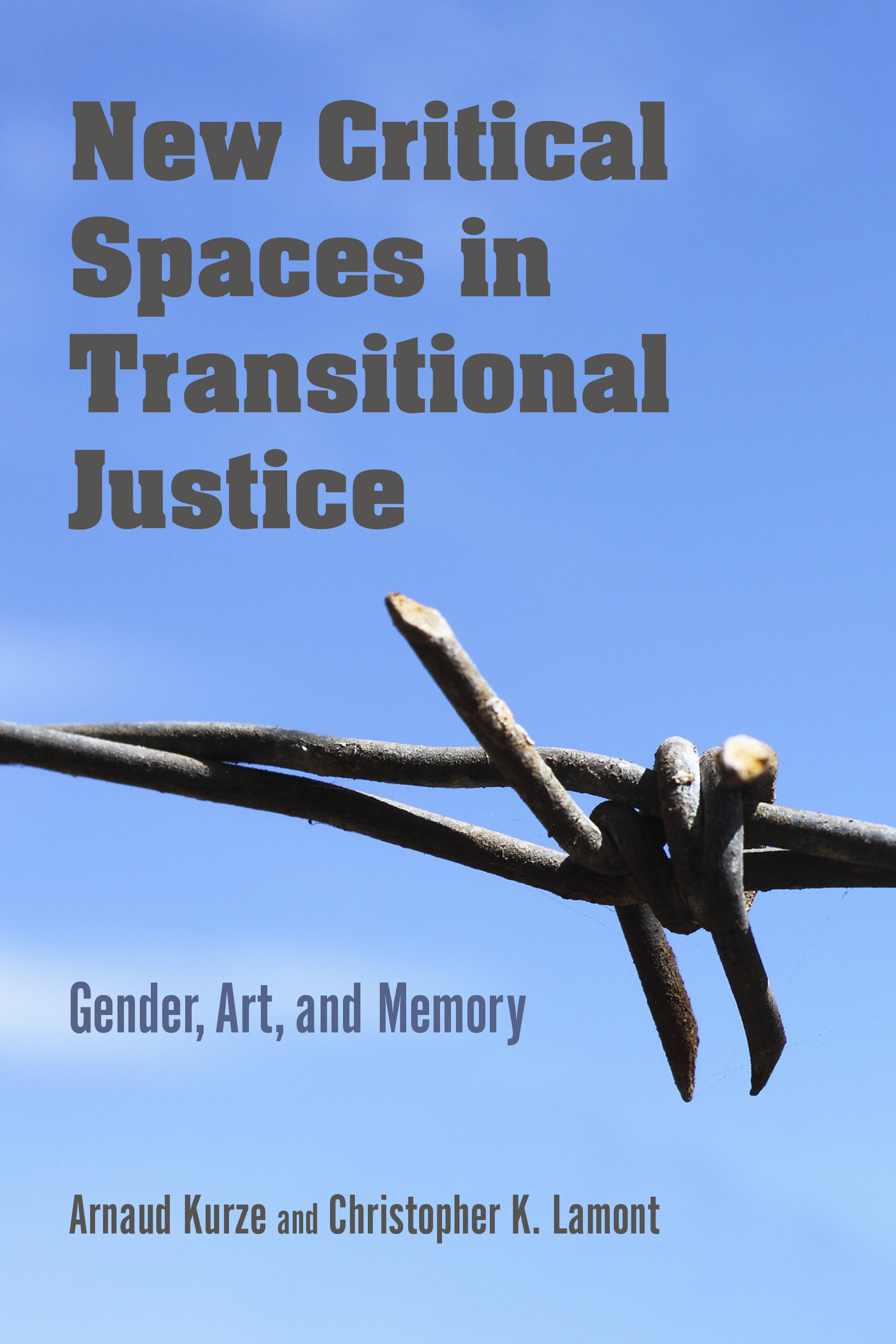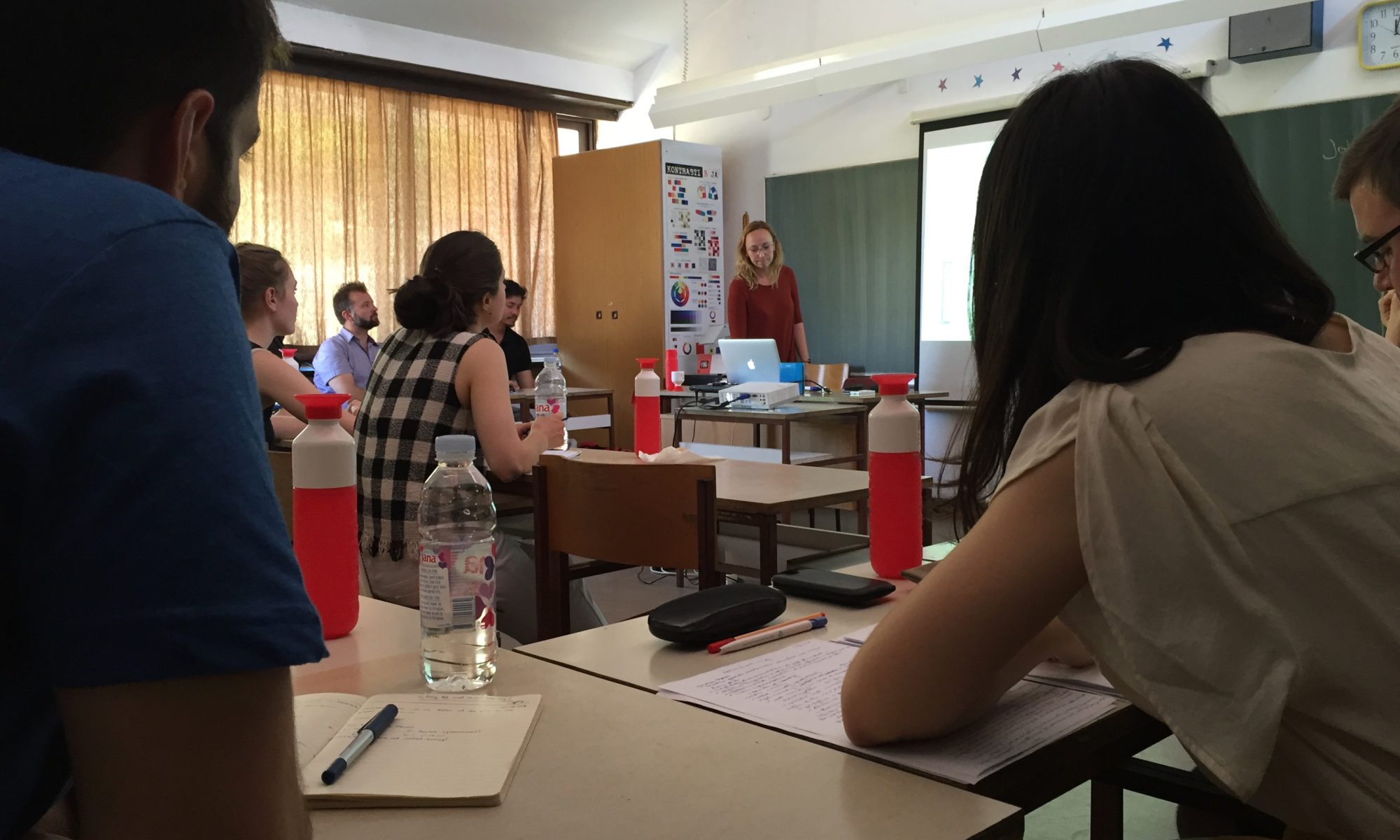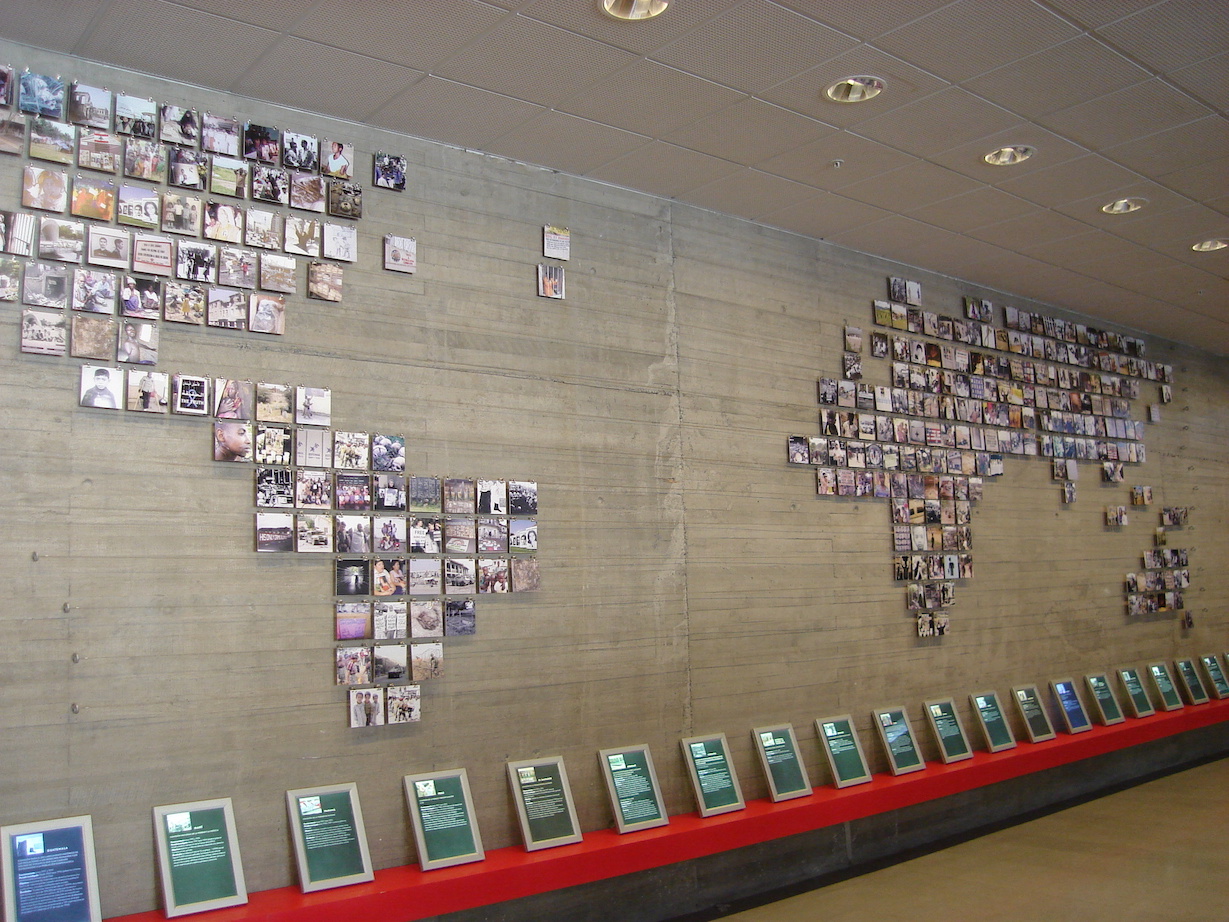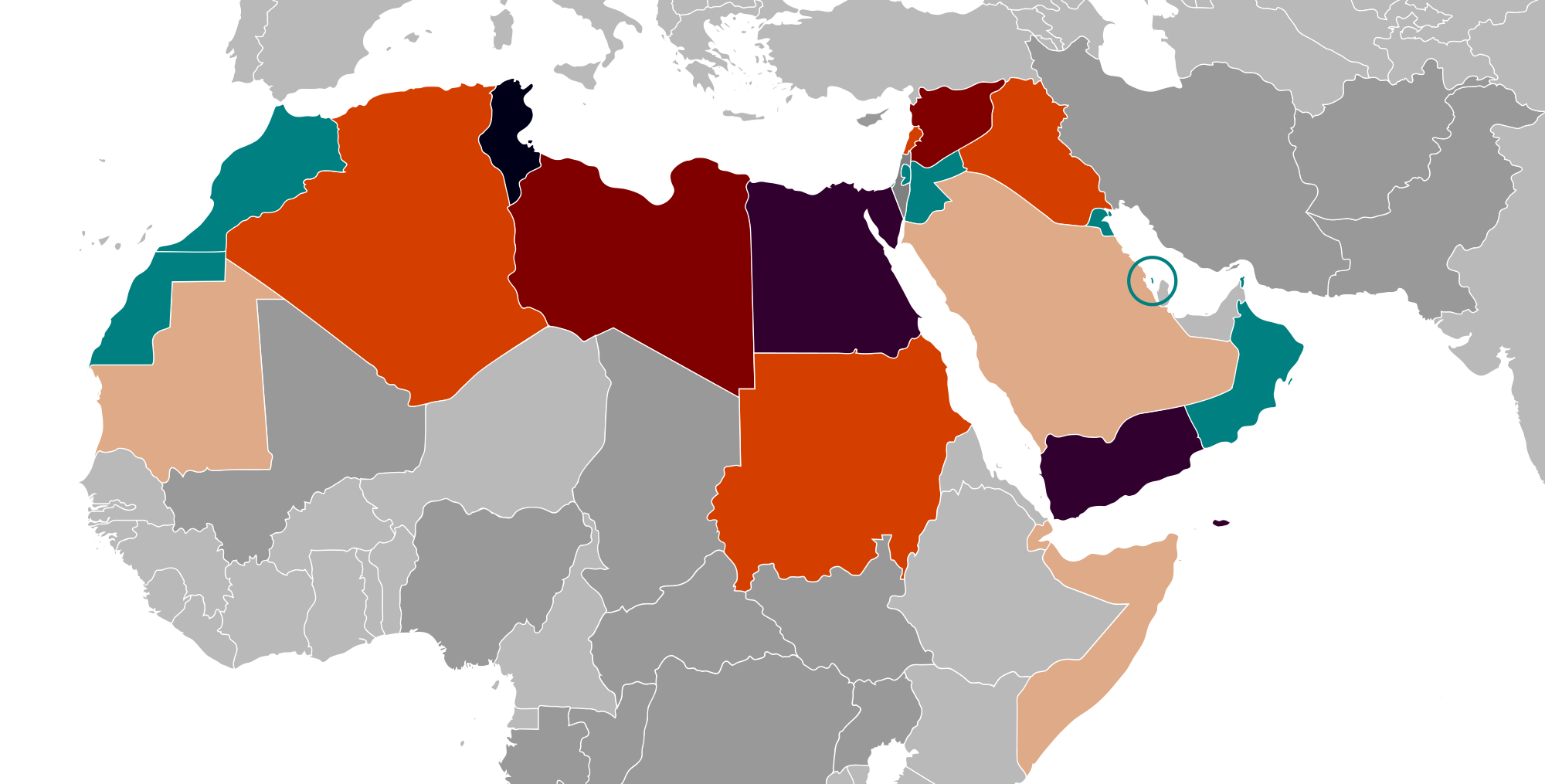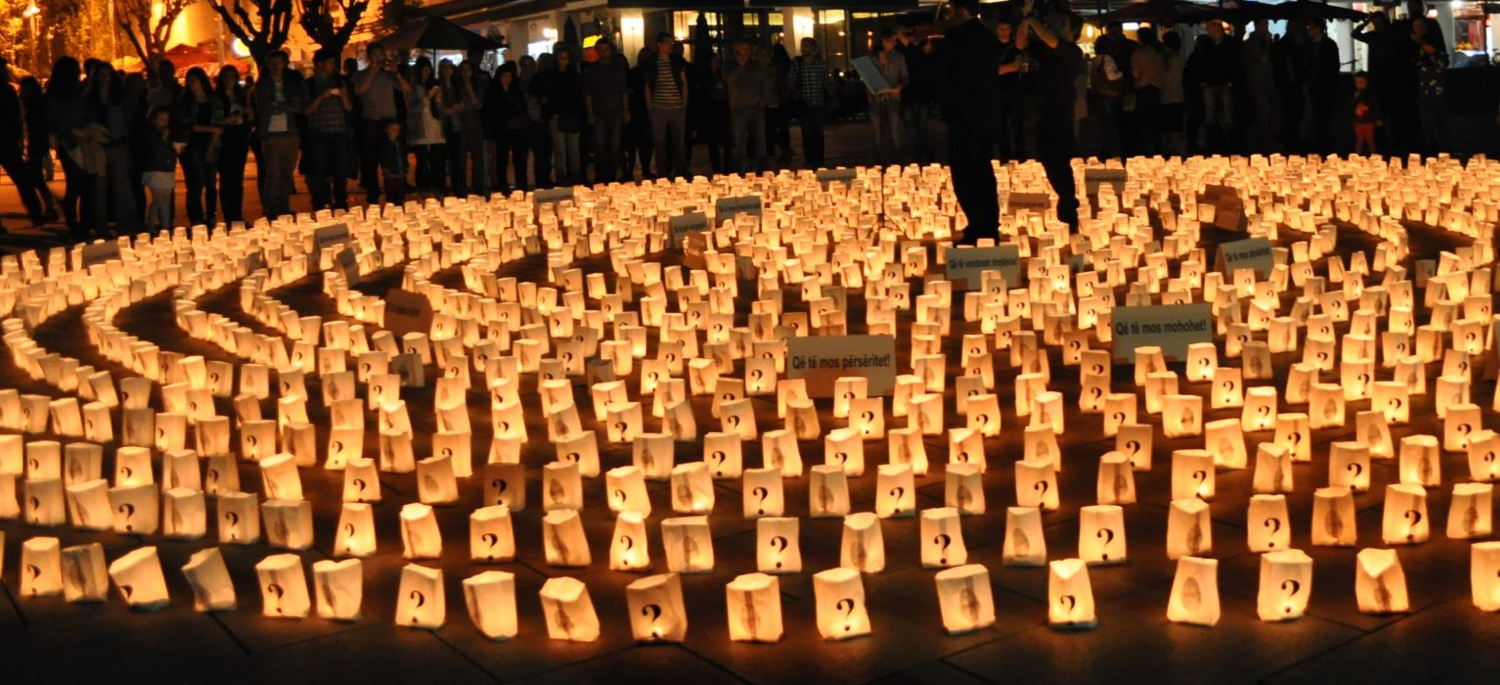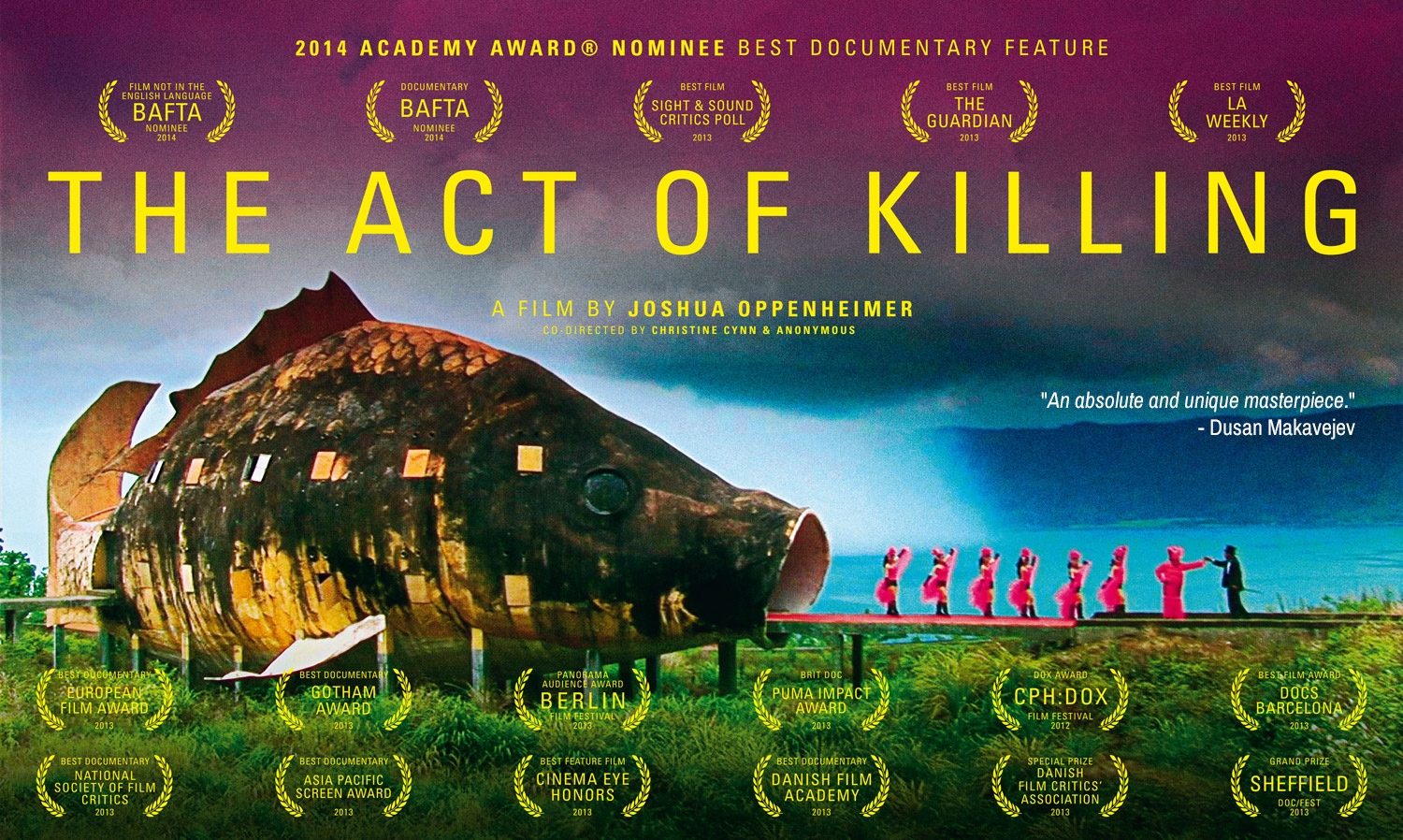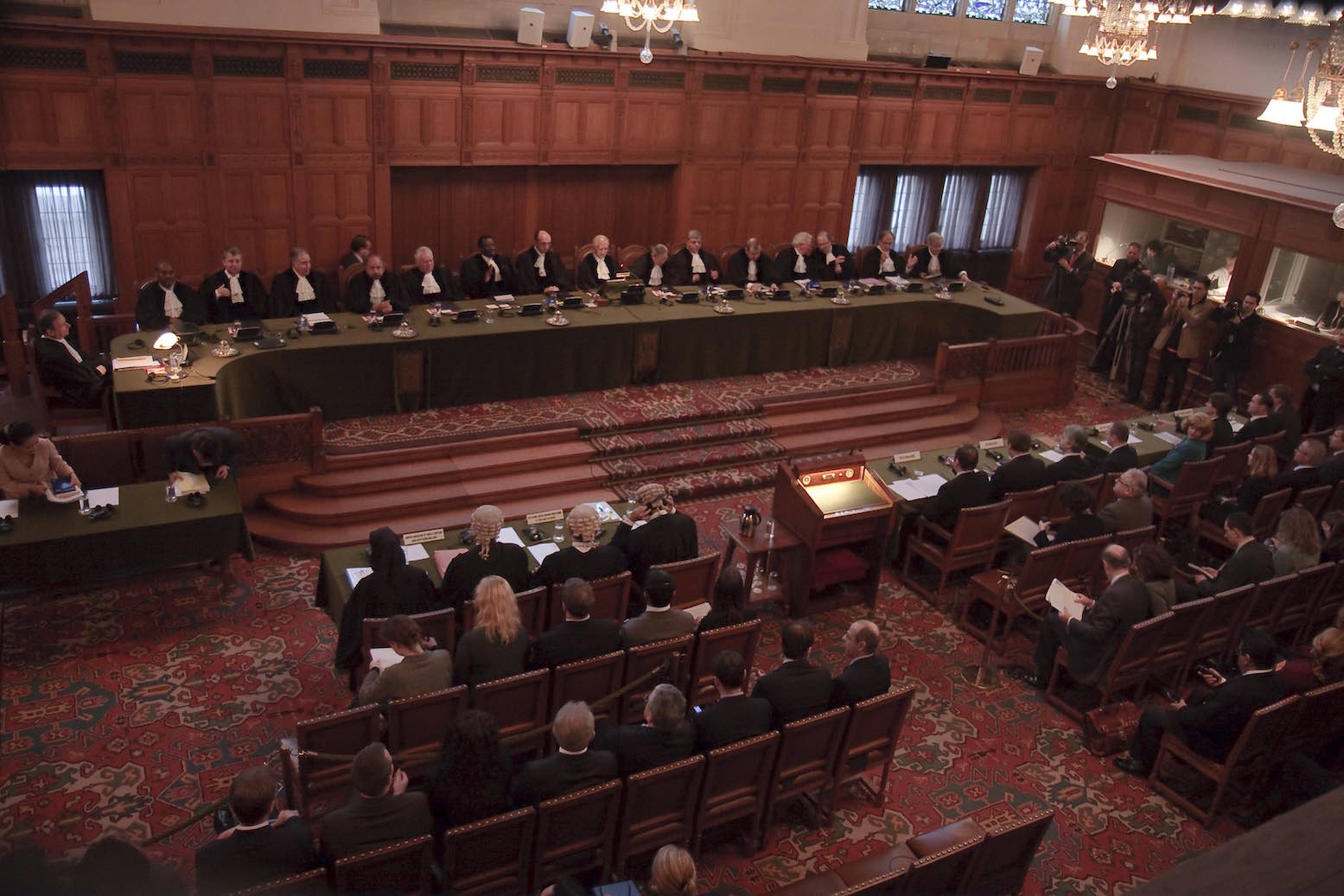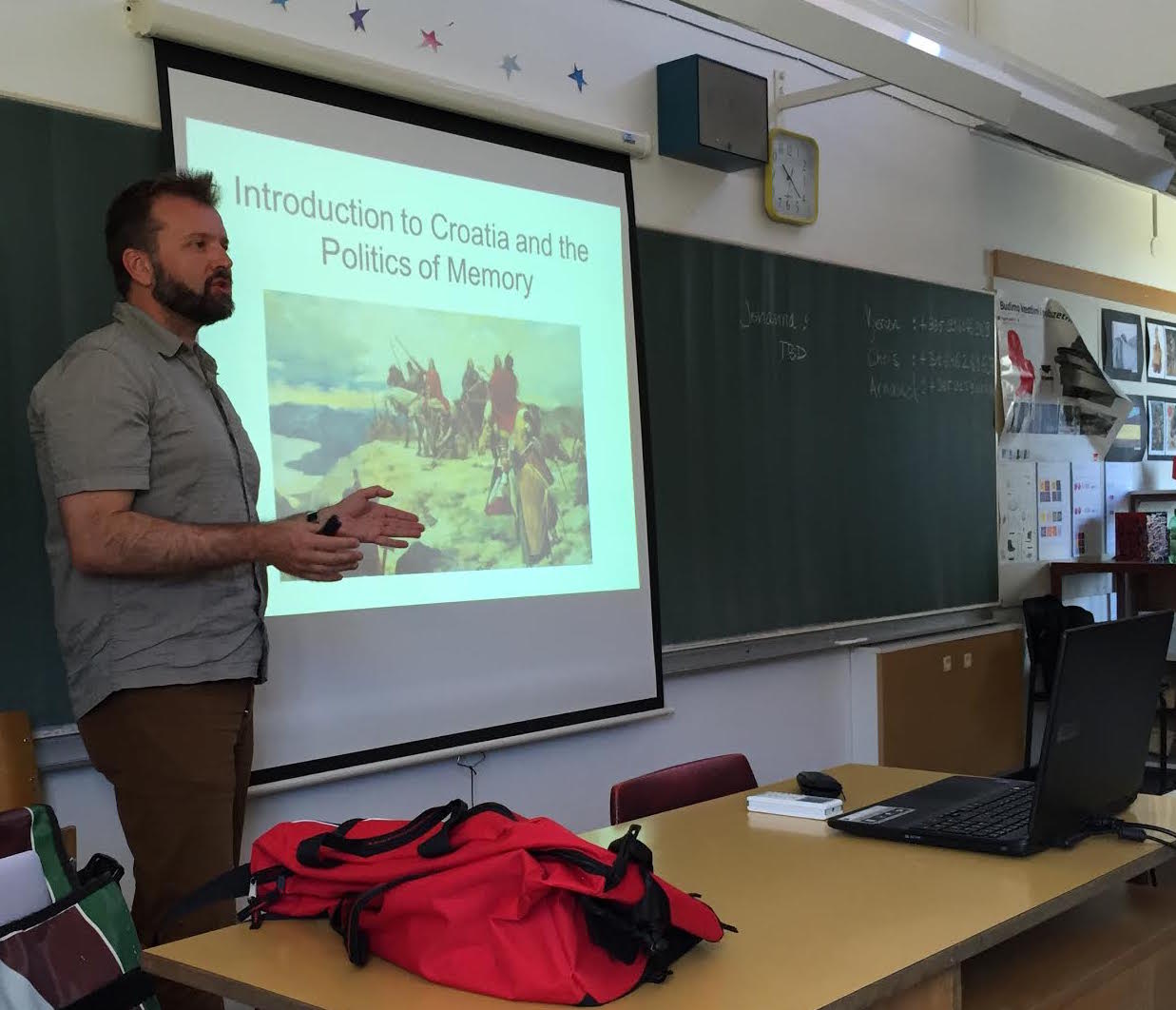Dr. Christian Axboe Nielsen, History Professor at Aarhus University in Denmark and a regular contributor to the Cres Summer School, testified as expert witness at the ICTY.
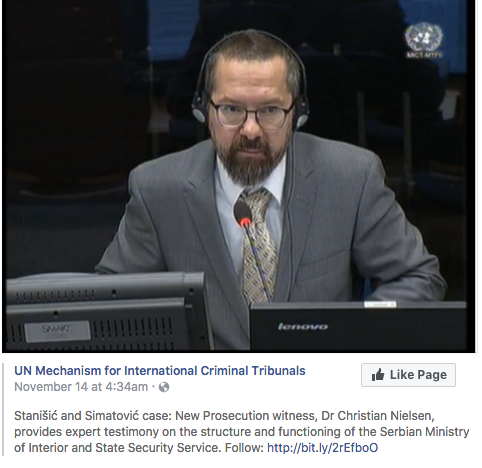
In a social media post, he captures his experience: “I do not as a rule post or comment about my appearances as an expert witness, but I will permit myself this exception. Yesterday, over 15 years after first starting as an analyst at the ICTY, I finished my fifth and, I believe, final appearance as an expert witness at the ICTY/MICT. Five cases: Krajišnik, Stanišić/Župljanin, Karadžić, Hadžić, Stanišić/Simatović. It has been an incredible journey from a young college student in St. Louis who in 1991 had only heard of a country called Yugoslavia to a historian specializing in Balkan history called as an expert witness to assist trial chambers, prosecutors and defence counsel in understanding how various ministries of internal affairs operated in the 1990s. Yesterday, after 6 days – 21 hours – of direct and cross-examination, and only a day after the Mladić judgement, I answered my final question in court at the ICTY/MICT. It was my most demanding appearance to date, both professionally and emotionally. I do not know what the rest of my life will bring, but I do know this: I would not trade this experience for anything else in the world. And however strenuous and mentally challenging my testimonies have been, they pale in comparison to the arduous experiences of the true heroes of the ICTY/MICT, the thousands of victims who have made the journey to The Hague in order to bear witness about the crimes they, their loved ones and their communities endured. I cannot even begin to imagine the pain, the grief and the other challenges they face when they come to testify. They have my eternal admiration and respect. As for me, to quote Ilija Čvorović, “Mene ako se sete na Dan Bezbednosti sete se, ako se ne sete nikom ništa, to je bila moja dužnost da radim.” Peace to all.”
